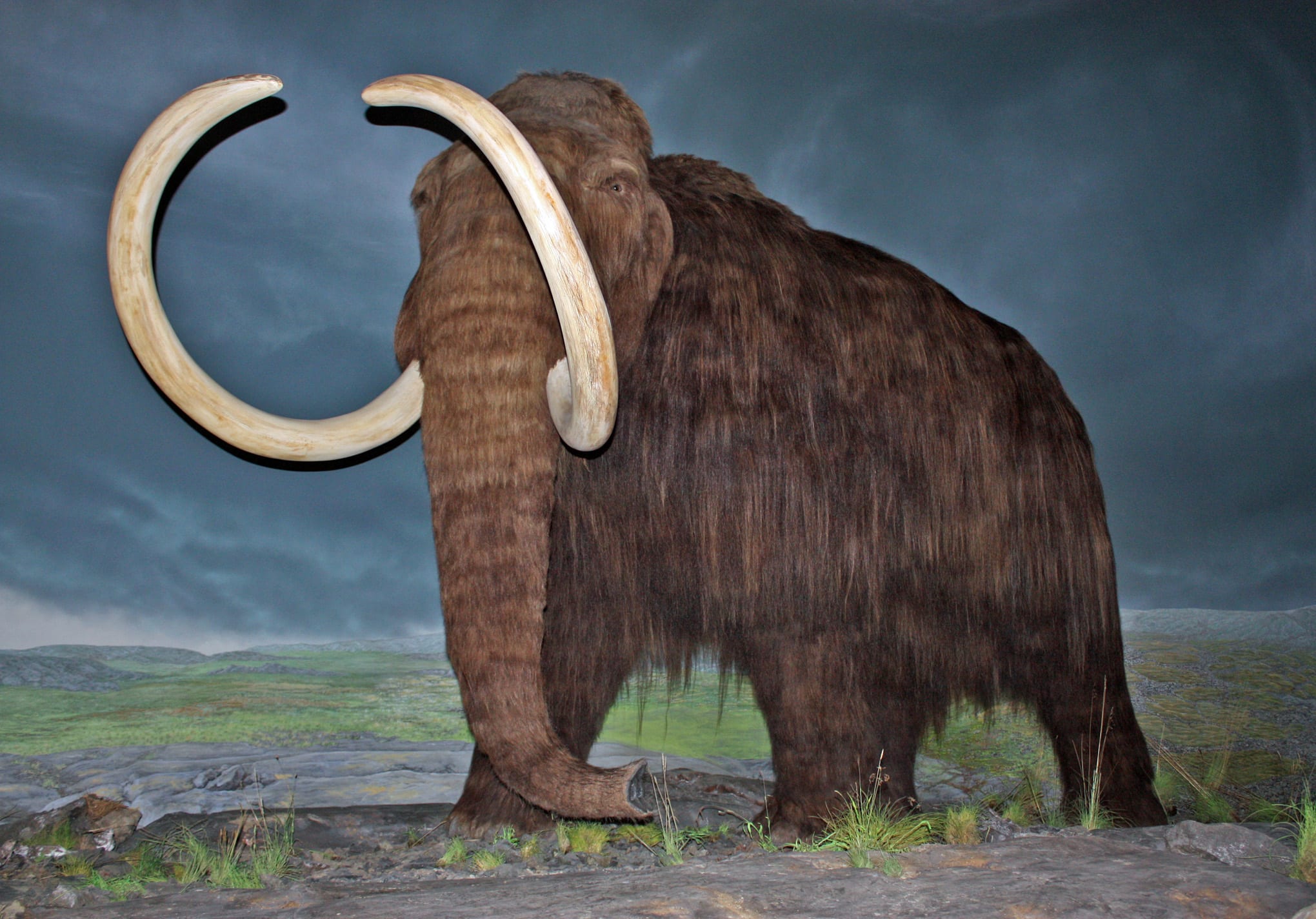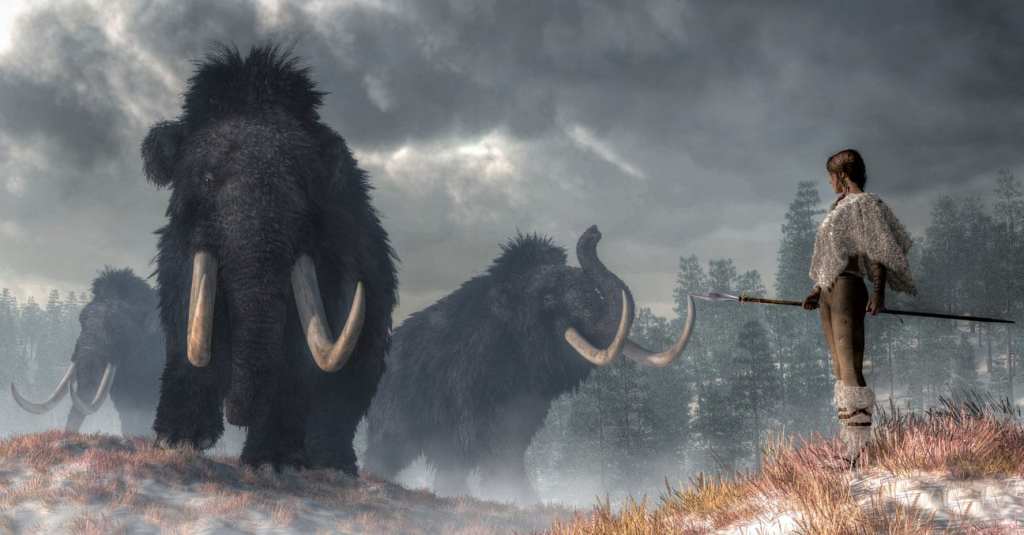The National Institute of Anthropology and History (INAH) has revealed at a press conference that ancient traps containing the remains of 14 woolly mammoths were uncovered in Mexico.
At least 15,000 years old, the traps were discovered in Tultepec, a city approximately 25 miles north of Mexico City.
Named “Tultepec II,” the site has been under excavation for about 10 months, and archaeologists working there have discovered around 824 bones from 14 mammoths, including skulls, jaws and ribs. The site has been named a “Mammoth Megasite.”
At the press conference, Pedro Francisco Sánchez Nava, the national archeology coordinator at the INAH, said, “It represents a watershed, a touchstone for how we previously imagined groups of hunter-gatherers interacted with these enormous herbivores.”

Photo Credit: Wikimedia
Researchers think they now have a better understanding of how the beasts were hunted and used by hunter-gatherers in the Mexico Basin. Twenty or thirty hunters would separate one from the herd and, using torches, lure it into the trap. Once there, the animal would be killed, with most of the body either eaten or used in other ways.
One of the skeletons was laid out in a ceremonial way with evidence that indicated it took several hunts to bring it down completely. The arrangement of the bones points to a level of reverence the hunters had for such a fierce kill.
https://www.instagram.com/p/B4kSF6jjFCK/?utm_source=ig_web_copy_link
A Mammoth Museum is already open in Tultepec with a nearly complete wooly mammoth skeleton, discovered there in 2016, on display.






